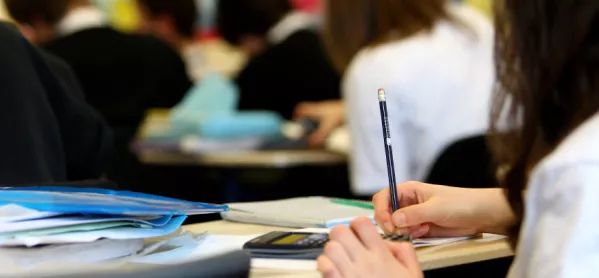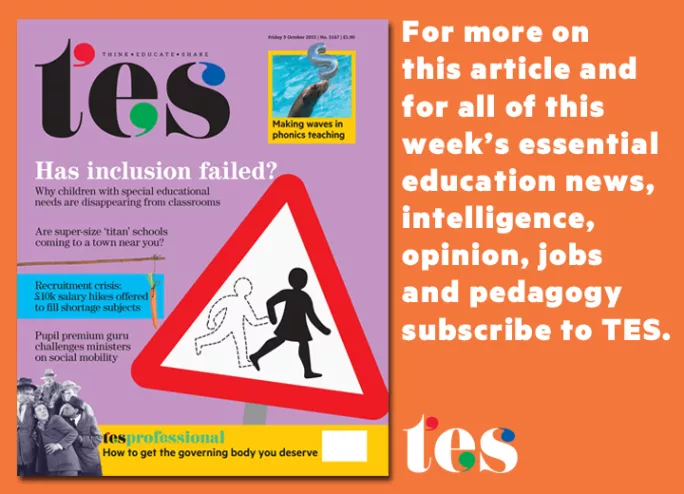Urgent changes need to be made to ensure that more disadvantaged children benefit from the pupil premium funding received by schools, Parliament’s public spending watchdog warned today.
A Public Accounts Committee (PAC) report has concluded that the attainment gap between disadvantaged pupils and their peers has narrowed since the pupil premium scheme was introduced in 2011, but that the results have been uneven across the country.
The influential committee says some schools need to learn how to use the funding more effectively. It is also concerned that the government’s new universal credit benefit “will make it harder to identify children eligible to benefit from the pupil premium” and that the Department for Education “still has no plan in place to address this”.
The warning comes as Sir John Dunford, the department’s outgoing pupil premium champion, argues in today’s TES that there are “policy tensions” between the premium and other government education policies such as changes to vocational qualifications and cuts in the careers service.
MP Meg Hillier, chair of the PAC, believes new measures need to be introduced by the DfE to ensure weaker schools can learn from schools where pupil premium has been used effectively.
She said: “Urgent steps must be taken to establish benchmarks for effectiveness and ensure best practice - where evidence shows pupil premium spending and implementation is working - is followed across the sector.”
The committee also recommends that the DfE should make pupil premium reviews mandatory for schools identified as using the pupil premium ineffectively, clarify the circumstances in which it expects schools to challenge parental disengagement and improve guidance about what schools should do.
Ms Hillier added: “Without progress on these points, the PAC does not believe disadvantaged pupils across the country can receive full value from pupil premium investment.
“That could mean many children it is designed to help will miss out on potentially life-changing benefits at a crucial stage in their development.”
Brian Lightman, Association of School and College Leaders general secretary, said: “As the committee notes, the government distributes core funding for schools on the basis of an old formula, which results in huge variations across the country.
“Some schools receive £3,000 a year less than others for each disadvantaged pupil. This problem has gone unresolved for too long by successive governments and must be addressed.”
A Department for Education spokesperson said: “It is encouraging that this report recognises the extent to which the Government has been able to narrow the attainment gap between disadvantaged pupils and their peers.
“We are determined to ensure every child, regardless of background, is given an education which allows them to realise their full potential and we are committed to do more to tackle educational inequality. We will now consider the findings of the Public Accounts Committee carefully and respond later this year.”
Want to keep up with the latest education news and opinion? Follow TES on Twitter and like TES on Facebook





